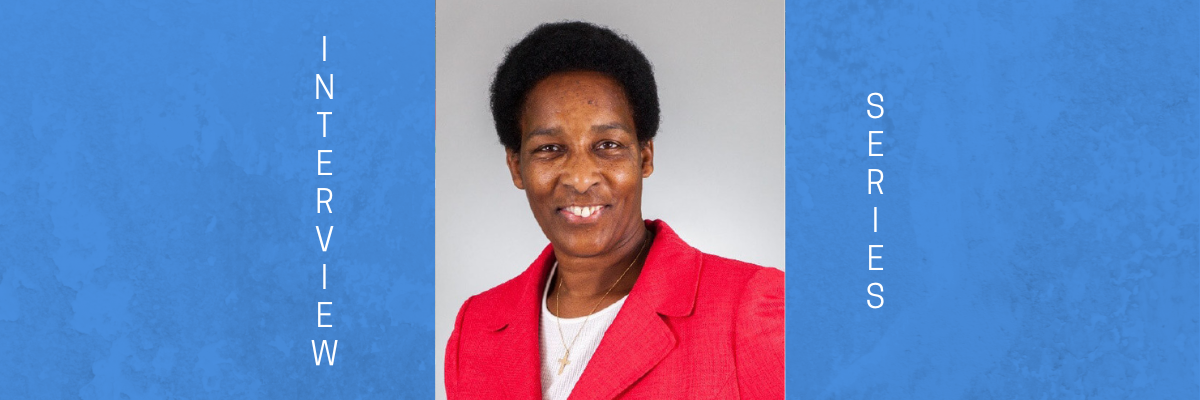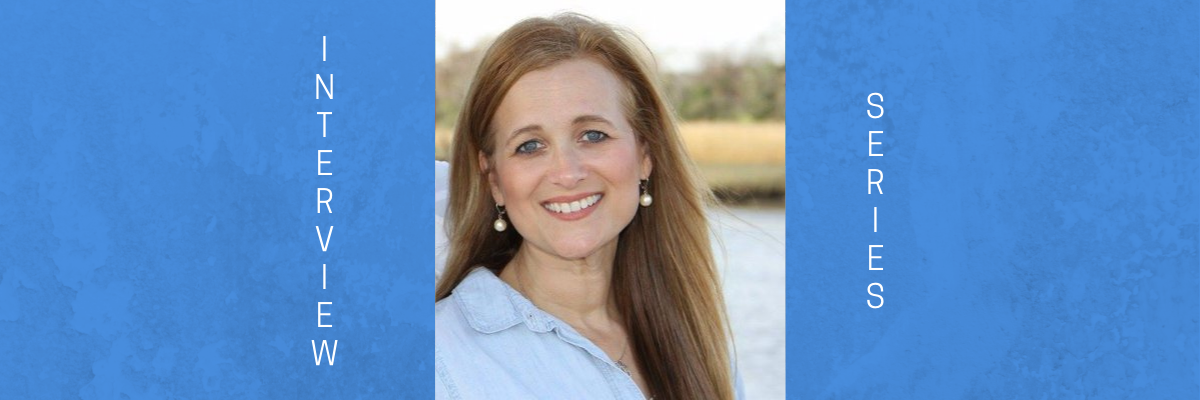Loretta Claiborne was the middle of seven children in a poor, single-parent family. Born partially blind and intellectually challenged, she was unable to walk or talk until age four. Eventually, though, she began to run. And before she knew it, she had crossed the finish line of twenty-six marathons, twice placing among the top one-hundred women in the Boston Marathon. She introduced President Bill Clinton at the 1995 Special Olympics World Summer Games and has won medals in dozens of its events, and also holds the current women's record in her age group for the 5000 meters at seventeen minutes.
Today, Claiborne is a celebrated athlete who was honored in 1996 with ESPN's ESPY Arthur Ashe Award for Courage. Her life is recounted in Walt Disney Productions The Loretta Claiborne Story (originally broadcast on ABC-TV and now on DVD) and in the biography, "In Her Stride" published by WorldScapes. Considering all of Claiborne's achievements, these are just small steps in her life's mission to show that persons with intellectual and physical disabilities are equal to those without.
"I figured if my story could change a person's mind about another person, or especially a child's mind about another child, then it was the right thing to do," Claiborne says. Now in her mid-sixties, she recalls a time when children taunted her for being different and how the taunting turned her into an angry young woman who was expelled from high school and fired from a job. Although she loved to run and used her speed and strength to protect herself in fights against cruel classmates, she credits the Special Olympics with helping her realize that her tremendous athletic talent could be used to do good.
Claiborne was first introduced to the Special Olympics by social worker Janet McFarland (played by Emmy Award-winner Camryn Manheim in the movie). She credits McFarland as well as her family, community, educators, Special Olympics founder Eunice Kennedy Shriver and her own strong spirituality with giving her the confidence necessary to become a world-class runner. "If it weren't for sports, I wouldn't be the person I am today. I was very angry before and sports was the arena that turned that around for me," Claiborne says. "I got support from family, community, and God -- he is the strength of all and can make anything possible."
The Loretta Claiborne Story not only outlines Claiborne's personal and spiritual journey, but it shows her joyful, sometimes mischievous personality. "In the simplest terms, it's about possibility," says executive producer Suzanne de Passe. "Loretta Claiborne's life is uplifting and full of a sense of renewal. But it's not humorless. It doesn't hit you like a freight train with a somber, one-note refrain. This is also about a very engaging, funny personality."
Running is not the only part of Claiborne's life. She holds a 4th-degree black belt in karate, communicates in four languages, including American Sign Language, and holds three honorary doctorate degrees from Quinnipiac University, Villanova University, and York College of Pennsylvania, making her the first person with an intellectual disability known to receive such honors, according to Special Olympics Incorporated.
However, Claiborne says the most rewarding part of her life has been her involvement with the Special Olympics, and she wants to continue helping people with intellectual disabilities and physical disabilities succeed. She advises them, "Find an opportunity and seize it. Be the best you can be, and never let anyone doubt you." Claiborne runs every day -- often about five miles, even when she plans to go only three or four. Just for the joy of it, the joy of the moment. It is how she lives her life. "I don't really look toward the future because you don't know what tomorrow will bring," she says. "You have to live your life for today."
Interviewed by our Different & Able President and Founder, Alexandra Nicklas, Loretta recounts her journey from being ignored in school to becoming the voice of millions of Special Olympics athletes. Loretta shares heart-felt messages of hope and tolerance for people around the world through her amazing stories of endurance and determination. Sports have given Loretta a chance to shine and bring down barriers. "I hope that whatever comes out of my life, people feel better about people with intellectual disabilities,” Loretta says. “I don't need my name on buildings. I don't need my name anywhere. But I hope people think back on my life and see that everyone deserves to have the right to work, to live, to play.”
Biography information courtesy of Loretta Claiborne | Read Her Inspirational Story.
Movie Trailer: "The Wonderful World of Disney" The Loretta Claiborne Story (TV Episode 2000) - IMDb





